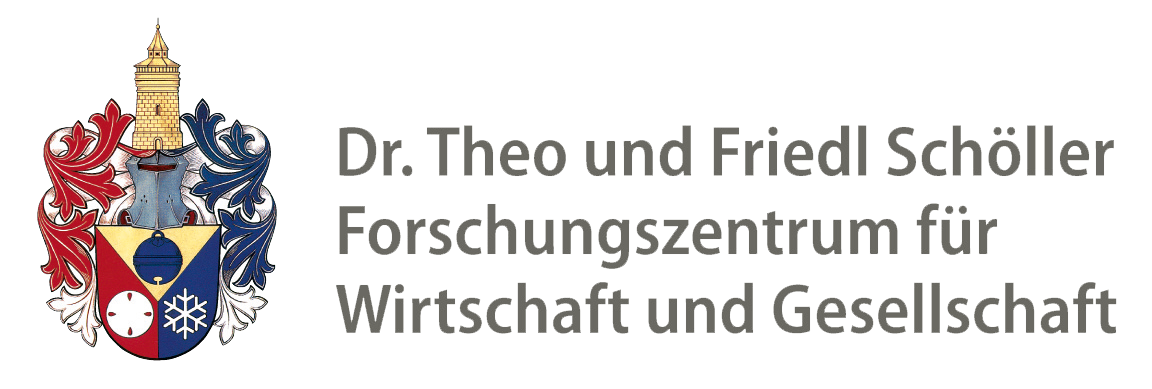Steffi Haag
Empowering Users by Purposefully Designing Artificial Intelligence Technologies
Artificial intelligence (AI) technologies increasingly substitute human decision-making in many areas of life. AI technologies decide, for instance, which comments we see on Facebook or which prices on Amazon. While they are designed to better afford our tasks in private and work life, recent studies show that more and more users interacting with AI technologies feel powerless, stressed or addicted as the technology design motivates them to never want to leave again. The concept of empowerment describes how critical perceptions of autonomy, self-determination, or impact are for successfully performing tasks. While there is a long history of organizational behavior research on psychological empowerment at work, only a few studies so far have analyzed the role technology and its design play in individuals’ perceptions of empowerment. These studies show that user empowerment does not only drive the adoption and use of digital technologies but also boosts task performance and innovation.
The objective of this project is to contribute to a better understanding of the mechanisms of user empowerment in the AI context. In particular, the relationship between the design of AI technologies and users’ perceptions of empowerment is analyzed.

